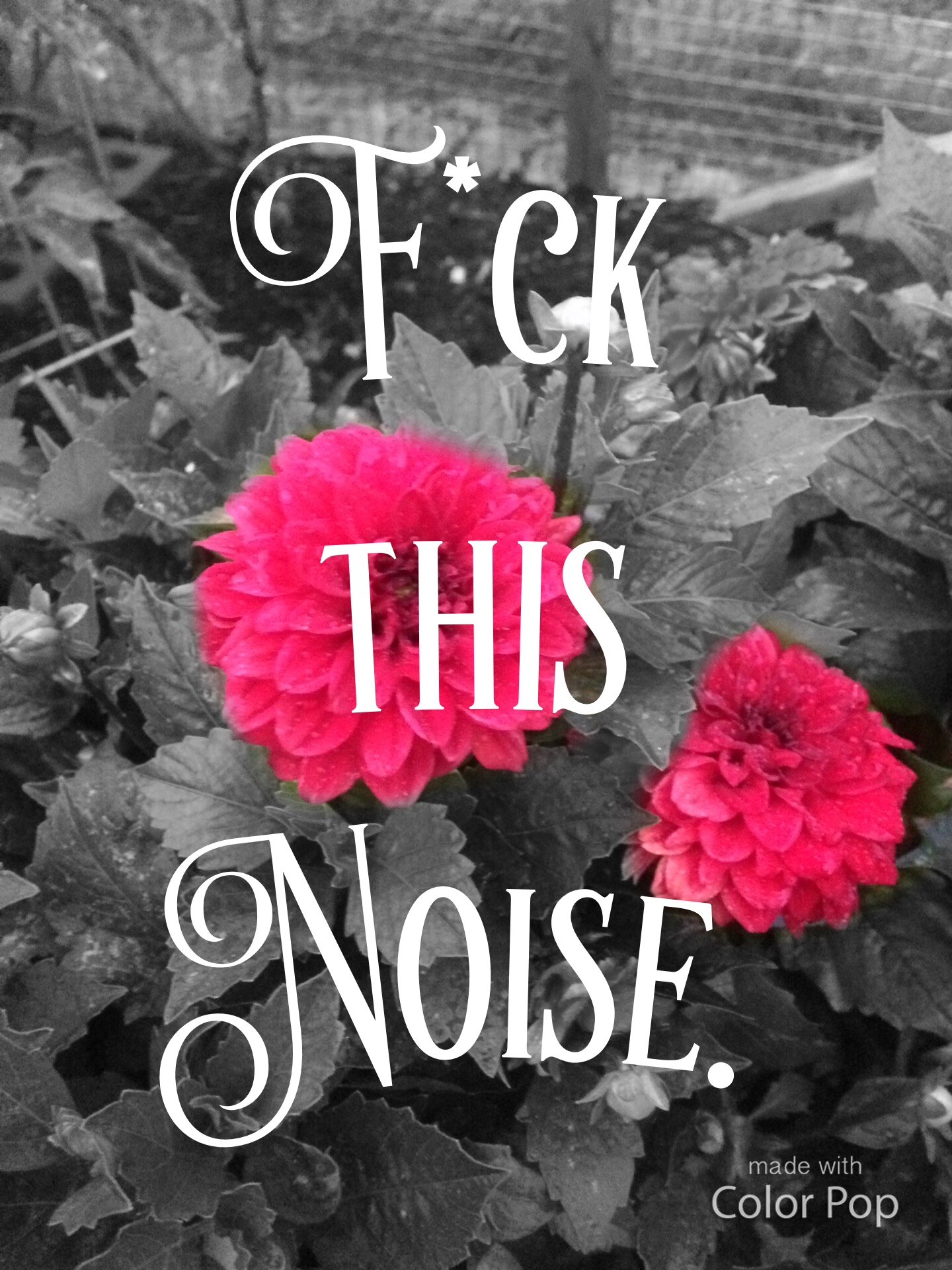I love the new year: all that fresh, new-beginning energy that feels like it rolls around just as winter is really settling in. Much like what Christmas and the Winter Soltice have for me, there's a quality of bright, clear light in concert with warm, nourishing darkness that I really respond to.
I love less (a lot less) all the "New Year, New You) rhetoric that descends out of the relationship-self-image-fitness-self-improvement industrial complex every January 1. The new year is a great time for taking stock of how we're doing life, and maybe of choosing to make changes. But I hate how often so many of us feel manipulated by all the marketing, and we do not engineer ourselves for success. If we want to make a change, let's do it right. Seldom will someone selling you something be able to help.
You seldom find any posture instruction around these parts. As big a part of my practice asana is, I don't think too much about what I can and can't do unless I'm on the mat. While I'm fascinated by my body's ability to grow into postures, by the reality that some days a complex pose feels effortless and other days it feels like hauling a baby grand up ten flights of stairs, I think more about what the physical work helps me manifest in the rest of my life. I think more about the intersection of physical practices and mental patterns, and behavioral habits. I don't wanna talk about how long it's taken me to touch my toes, or why I face plant every time I lift up into ashtavakrasana, or if my neck will ever be healthy enough for anything more than the occasional headstand. I have other priorities.
Still, in the analog world, one of those priorities is helping others with their physical practice. I meet lots of students who are new-ish to yoga, and even more for whom yoga is an on again-off again relationship. As a teacher, my job is to create a space for others to build strength and flexibility, to walk the balance of challenge and comfort. With that in mind, there's probably a post or two I can be writing that are helpful. So here's the first.
Tips for Beginning, Returning and Prodigal Yoginis*
(*or yogis, you know, whatever pronoun suits you)
First tip: Own Your Practice. I had a teacher who would often remind us, practice with the body you have today. I remind myself of that frequently, and it's great advice for all of us. Whether you're brand new, recovering from injury or surgery, or post-partum, or hungover, give yourself permission to be where you are. This is no one's practice but your own. It doesn't have to look like the girl on Pinterest doing the crazy arm balance shit, or the girl on the magazine cover with the fancy clothes, or like any girl at all. Yoga culture definitely has put a narrative out in the zeitgeist of what yoga is "supposed to look like", and you don't have to opt into it. Notice if you're feeling pressure to perform, to conform, to some standard set by anything other than your own need, and if so, opt out. If what you need is to lie down and breathe, then let that be your practice; if what you need is to sweat, and to work toward a complicated posture, then let that be your practice. If you need to make noise, and struggle, and to laugh and to cry, do it. Don't hold yourself to anyone else's standard. Be safe, be patient, be honest with your limitations AND your strengths, and practice in a way that serves your day-to-day life.
Second tip: Keep It Simple. My teacher says when establishing a home practice, don't try to do everything at once. When you get a taste of how good yoga can make you feel, you wanna do it all, all the time. You might feel like you need to practice at home for 60 minutes, or even 90. You don't. Sometimes less is more: a physical practice that puts your spine and joints through their ranges of motion, that deepens your breath, and allows you more comfort in your body to do life is really all you need, especially when you're starting out. You can get that in twenty minutes. Keep your expectations of yourself, your time, and practice, manageable. If you're not sure what to do, find a teacher you trust, and ask for some simple sequences that can help you get started.
Third tip: Home Practice Is Good, but Include a Studio. If you can find a practice studio or yoga community that makes you feel safe, challenged and supported, keep it. Look for a place/community (sometimes it's virtual, not brick-and-mortar) that prioritizes and teaches subtle work--breathwork, meditation--as much as it does physical postures. There is no substitute for a teacher who is steeped in tradition; you're not likely to find that in any corporate or trademarked studio. Woke yoga is good for you and for your community, if you can get it. If anyone tells you your body is wrong, or adjusts you in a way that you feel bad about, run like hell in the opposite direction.
Fourth Tip: Minimize Your Swag. According to Yoga Journal, Americans spent $16 billion on yoga clothes, equipment, classes and accessories in the last year. Sometimes this is money well spent; some of us earn a living through yoga, and while even gifted, devoted teachers seldom earn what they're worth, it's nice to, you know, be able to afford food and rent and health insurance and that kind of stuff. Some of the stuff we buy to practice--like quality instruction--is essential. Some of the stuff we buy to practice--like a quality mat--is useful, but not a deal breaker. Some of the stuff we buy--designer workout pants that make your butt look good, that go effortlessly from day to night and are that perfect shade of wine red/gray/black, etc.--is just a waste of your money. Think carefully about how you invest, and don't get distracted by stuff you don't need.
Fourth Tip: Keep It Clean. This isn't a tip about washing tank-tops or sports bras. As your practice advances, you'll want to make sure you're not collecting teachers like a grandma collects thimbles. ("This is the teacher I studied with in Big Sur, and This is the teacher I met at the conference in the mountains, and This teacher...") A certain amount of this is necessary, as you're seeking a tradition that resonates with you, with the right blend of grounding to feel established and heights to keep climbing. But be mindful that you're not grasping for all the instruction from all the sources you can get. At a certain point your teaching will feel muddy, and that's not just about posture specifics. Pick a tradition you trust and honor it.
Final tip: Practice Process Over Product. Let go of the desire for "results". So many of us start yoga because we want to manifest something in our physical body--weight loss, more strength, more flexibility. These things take time, and it's easy to get impatient. When you think you should be making progress faster than you are, you can get discouraged. This is ego, combined with the western "go-go-go, do better/be better" mentality. Turn the volume on that down. Practice with the body you have today, and delight in a new body every time you step to the mat. Practice with curiosity and compassion, and without expectation.
So there you have it! Five tips for anyone who is starting yoga or returning to a practice that we shelved weeks, months, even years ago. May our practice feel fresh, and may we continue to look at our work with beginner's eyes and minds, open to the lessons practicing has for all of us.




